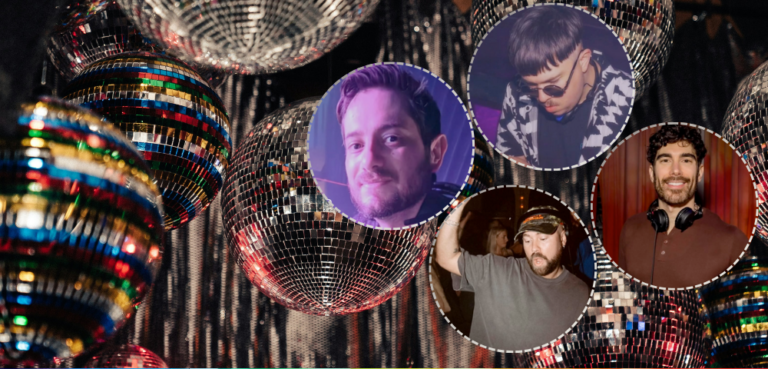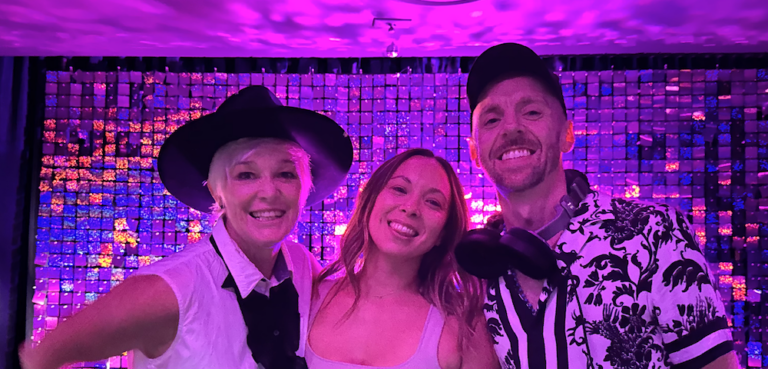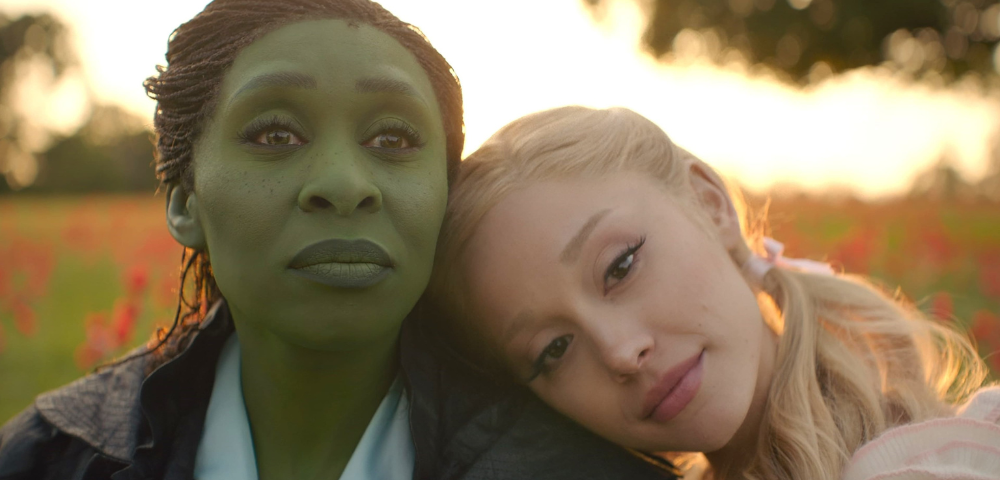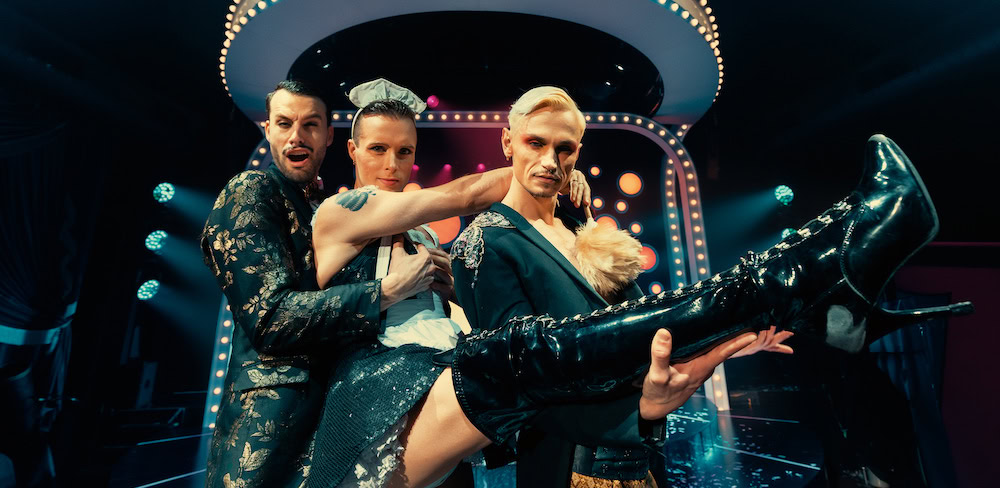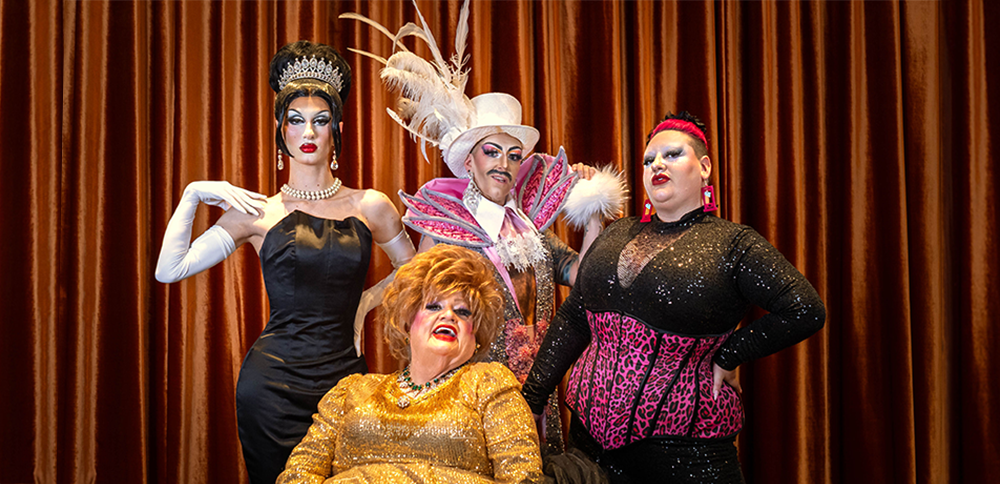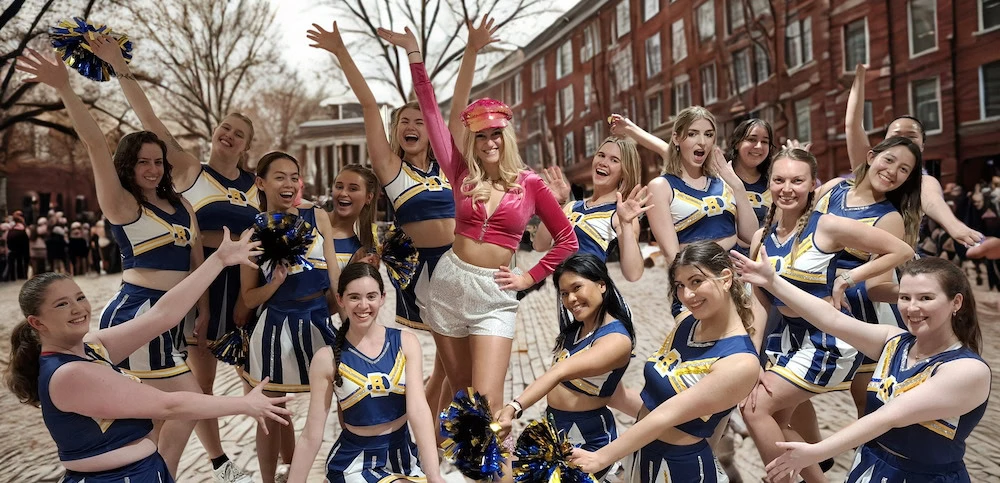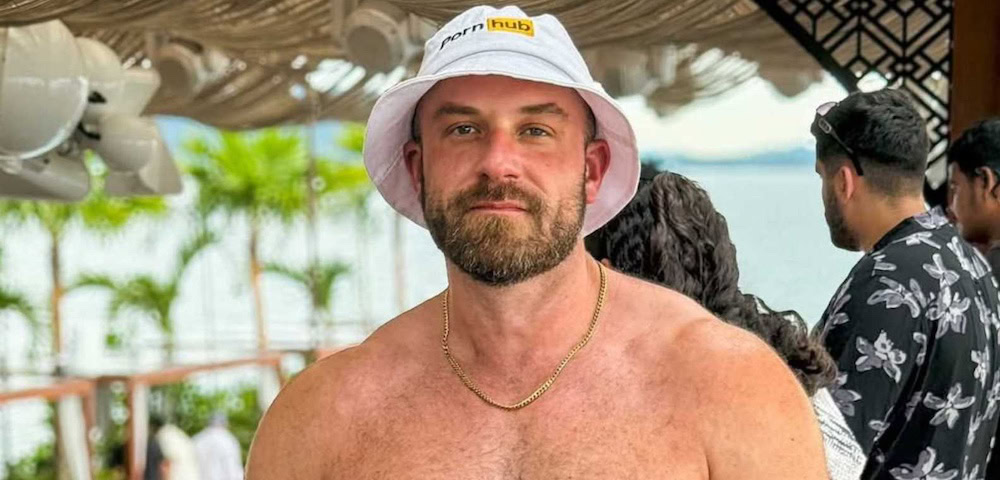
Last Call: A New Documentary About Serial Killer Who Targeted Gay Men In 1990s NY
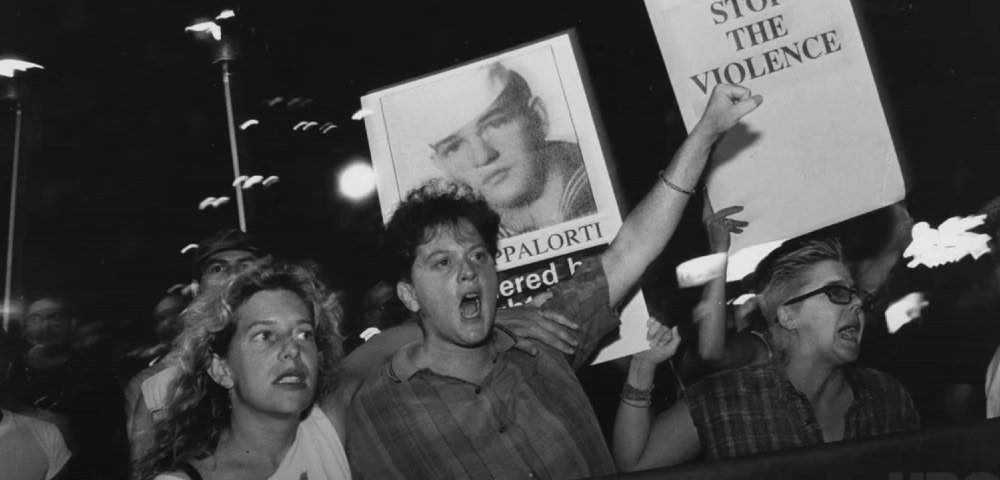
A new HBO docuseries about a serial killer who preyed on and targeted gay men in 1990s New York premiered on July 9.
Last Call: When A Serial Killer Stalked Queer New York, is a HBO docuseries that explores the city’s nightlife and the dangers of being a gay man in the 90s, where queer people were targeted in safe spaces.
The four-part episode documentary is based on Elon Green’s bestselling book, book, “Last Call: A True Story of Love, Lust, and Murder in Queer New York” and is a harrowing true-crime account of the Last Call Killer’s known victims, showing viewers a glimpse into the lives of the victims and the effects of their deaths on family and loved ones.
Richard Rogers, known as the Last Call Killer, is an American serial killer who murdered and dismembered at least two gay and bisexual men between 1992 and 1993. Rogers preyed on gay men by picking them up at bars before murdering and dismembering their bodies at an unknown location and dumping their bodies along the New Jersey Highway.
‘They Never Came Home’
HBO Max has described the four-part series as one which, “dives into the deep-rooted biases of the criminal justice system and illuminates how the LGBTQ+ community fought to solve the murders and demand fair treatment of queer crime victims”.
In the trailer, friends and families of the victims are seen being interviewed, discussing the sudden disappearances of the gay men.
One interviewee spoke about the comfort that queer places offered, stating “Queer bars were one of the few places that we could go and feel safe”, while another spoke about one of the victims, stating, “My dad went down to New York on a business trip and never came home”.
Tragic Queer History
Producer Howard Gertler told Vulture magazine that the aim of the documentary series was to shift the focus to the systemic issues of homophobia and violence against queer men rather than the serial killer himself.
“There are stories related to the victimization of queer people where there were queer-activists interventions, and those organizations were omitted from the narrative when they were doing a lot of work. I’m not saying it’s necessarily an intentional omission. But I think it takes a little bit of sensitivity to know where to look and what to ask”, Gertler said.
The series offers an insight into the tragic queer history of New York and features archival footage from the time of the killings, while highlighting a queer-activism story and the importance of securing safe spaces for queer people.
